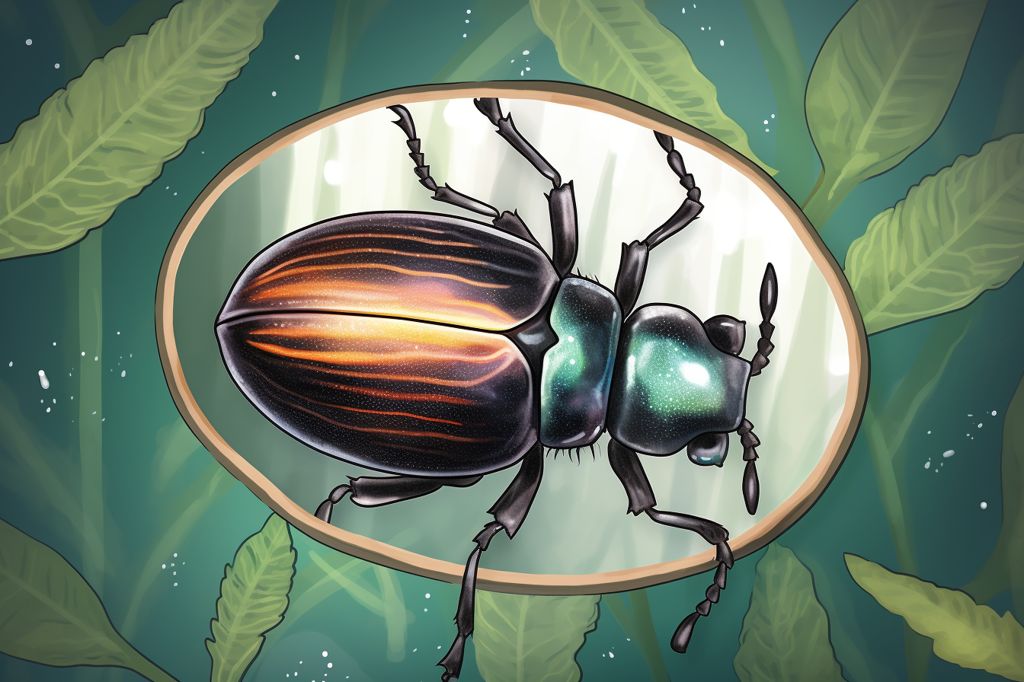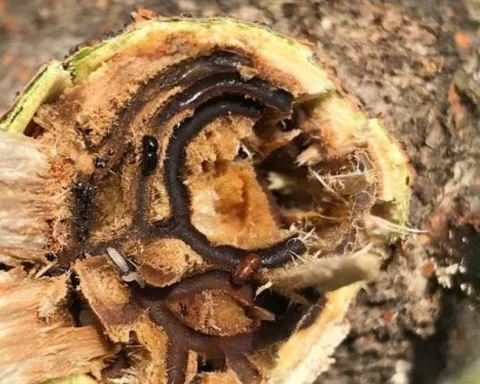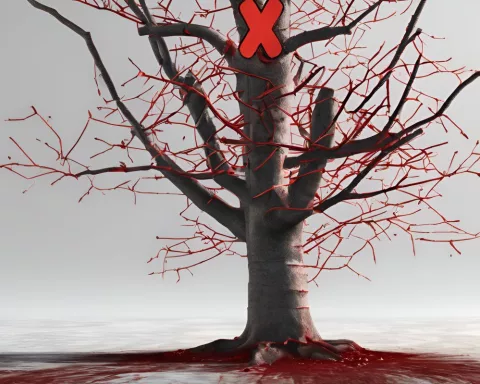The PSHB beetle outbreak has become a severe concern for residents of Cape Town as it continues to spread to different suburbs, including Rosebank and Wynberg. The beetle is an invasive species that can cause significant damage to trees, posing a threat to the local environment.
Identifying Hotspot Areas
Newlands, Rondebosch, Mowbray, Claremont, Kenilworth, Observatory, Rosebank, and Wynberg are among the priority areas identified by the City of Cape Town. Residents are encouraged to take precautions to stop the spread of the insects in these areas, which are highly susceptible to infestation.
Recommended Trees
To combat the spread of the PSHB beetle, the City of Cape Town has issued a list of 28 recommended trees that residents can plant on their properties. The list includes indigenous and locally indigenous species that are not reproductive host trees, making them less likely to provide a suitable environment for the beetle to reproduce and spread.
Tree Best Practice Guideline
On the City’s website, residents in the priority areas can access the Tree Best Practice Guideline to determine which trees are most appropriate for their properties. The guide provides helpful information regarding the optimal locations for the trees, their mature size, whether they can withstand intense wind and sun, whether they are more of a shrub than a tree, and whether they grow slowly or quickly.
Seeking Expert Advice
Eddie Andrews, Deputy Mayor and Member of the Mayco for Spatial Planning and Environment, suggests that residents consult their local nursery or horticulturist for more information on the recommended trees. In addition, he advises homeowners to be aware of their properties’ underground services infrastructure and consider this when planting trees to avoid damaging any main or wastewater lines with their root systems.
Identifying Infested Trees
The City has also published identification guidelines for infested trees. Symptoms of infested trees include branch dieback, discolored leaves, dry and leafless branches, branch break-off revealing webs of galleries filled with black fungus, gumming – blobs of goo protruding from the bark, oozing liquid and gum from the beetle holes, entry and exit holes, and staining – brown or dark stains on the bark of the tree.
The PSHB beetle outbreak is a serious ongoing issue that requires the attention and vigilance of both residents and the City of Cape Town. By following the guidelines provided by the City, residents can make informed decisions about planting trees on their properties and help protect the local environment from invasive species.












